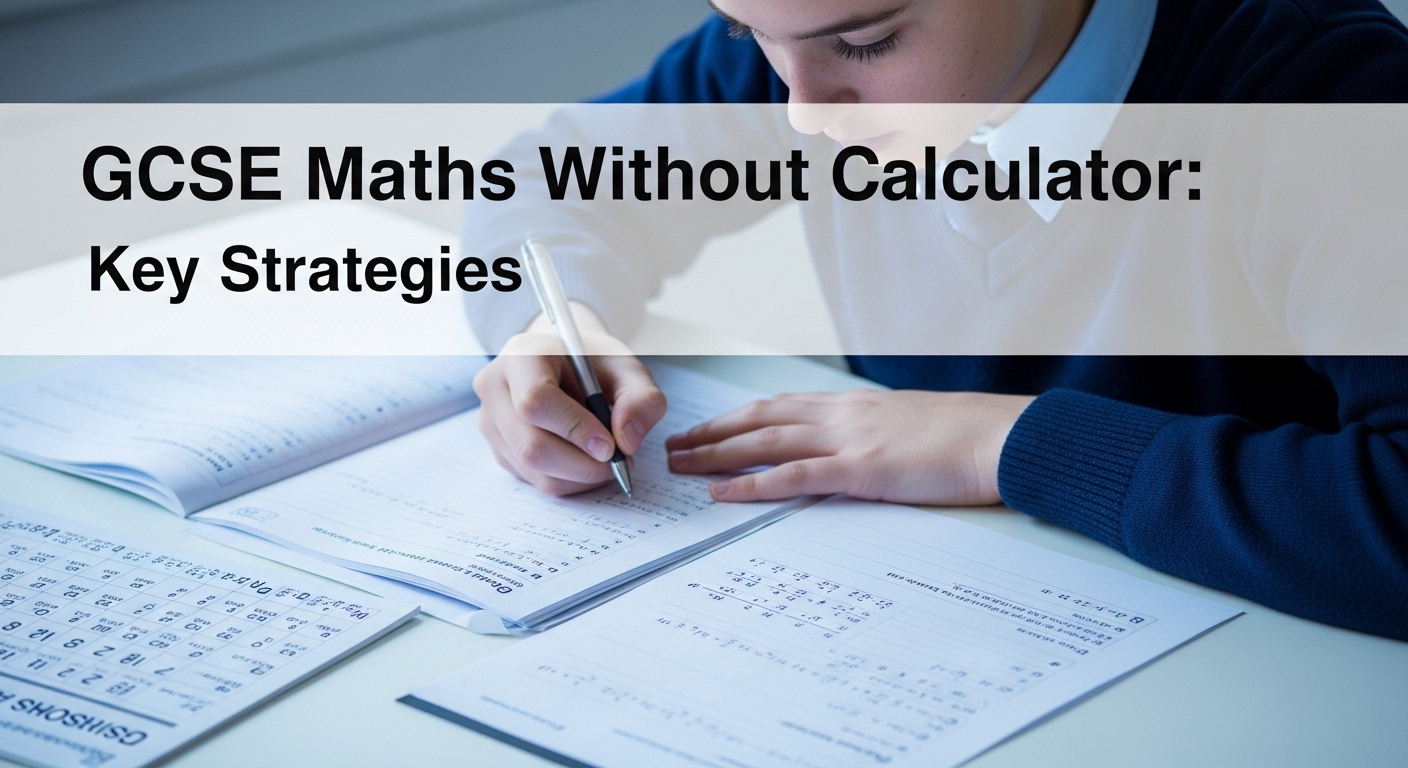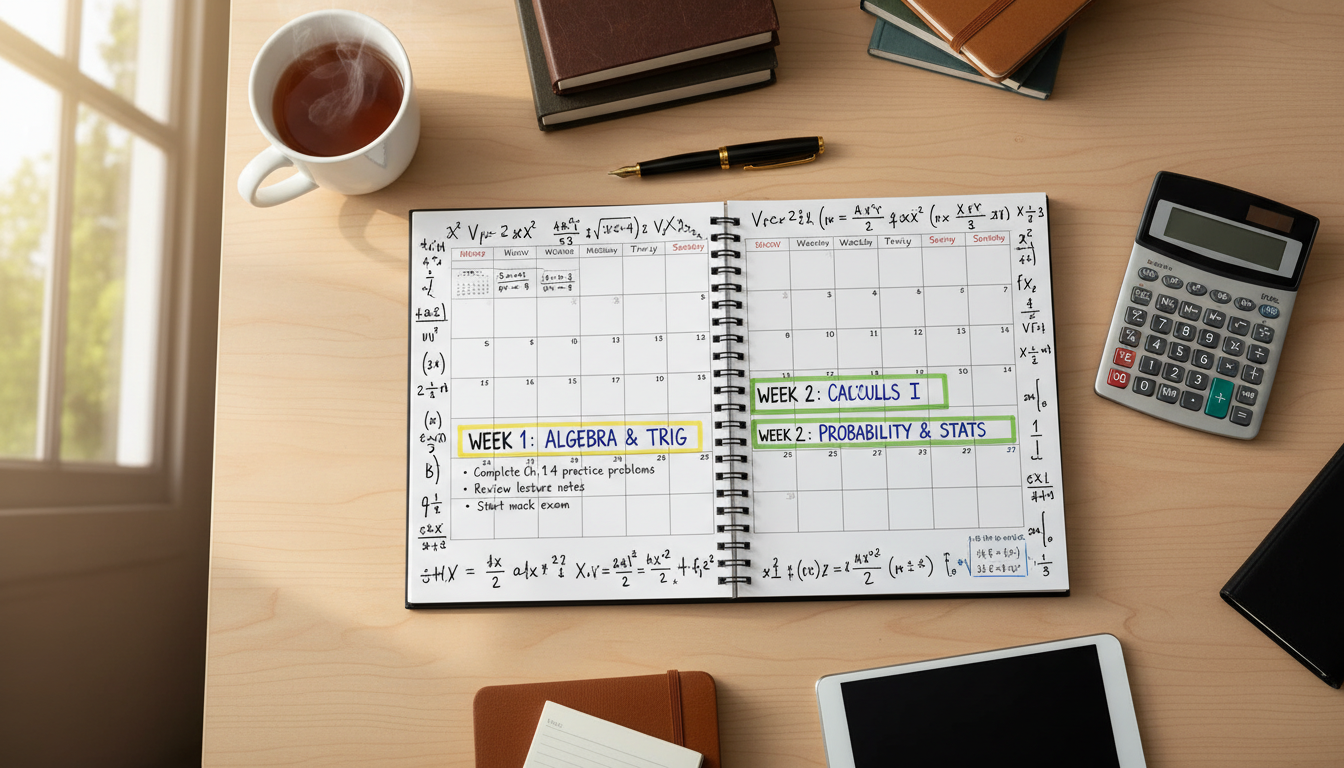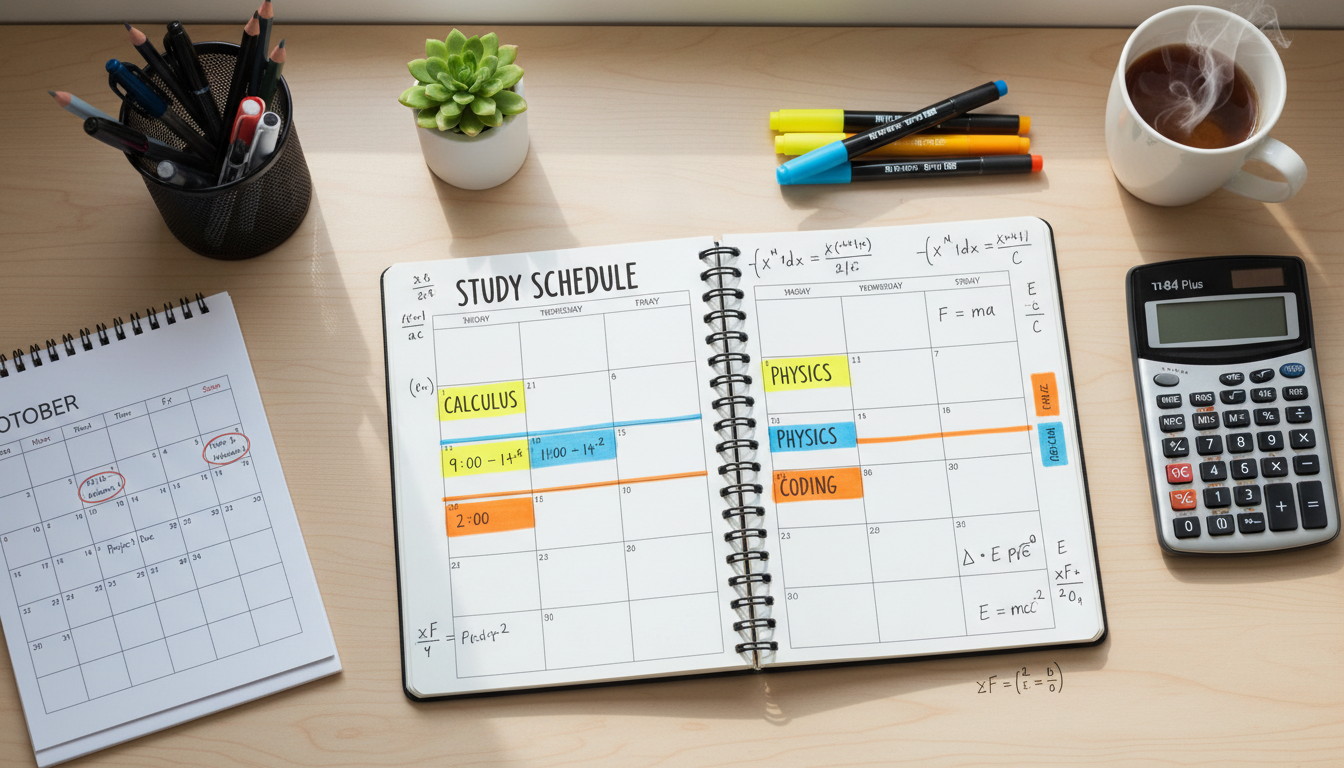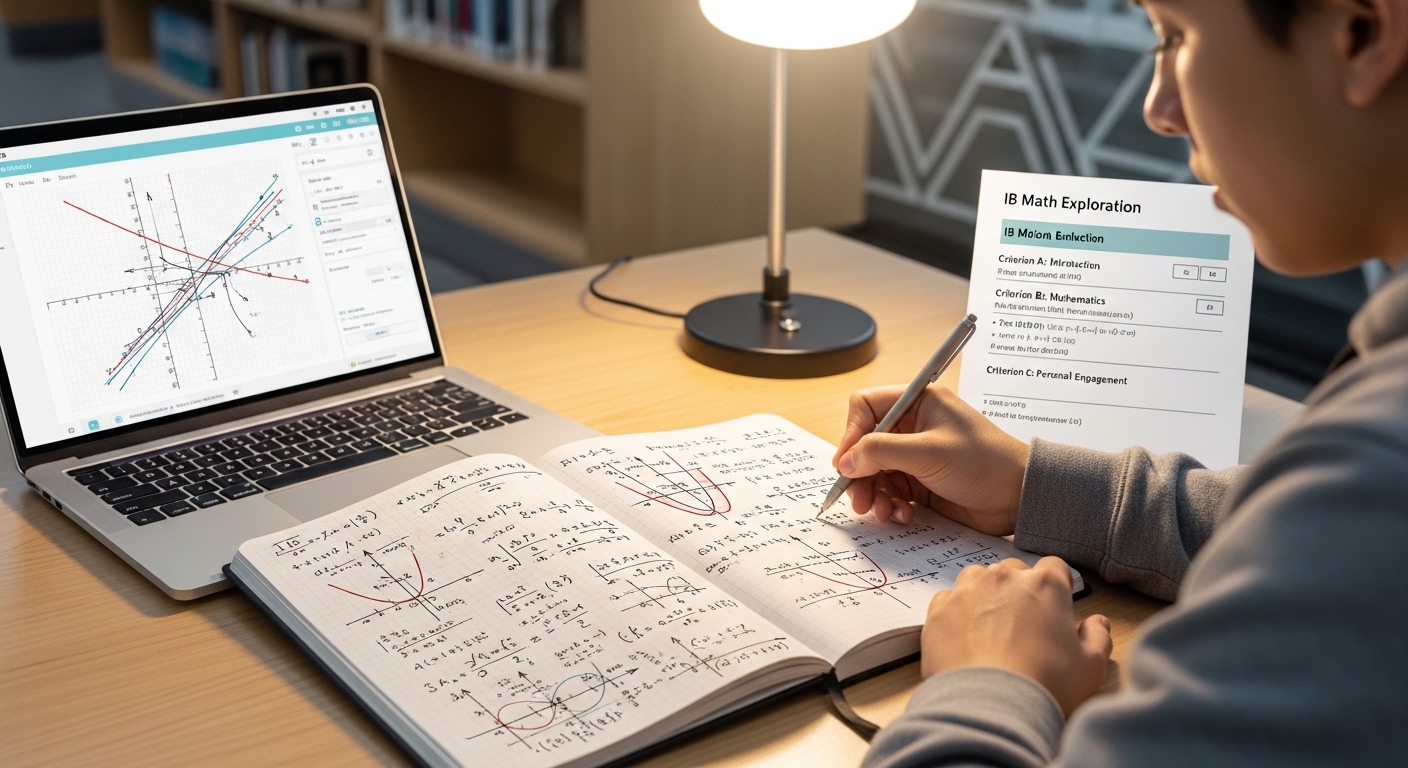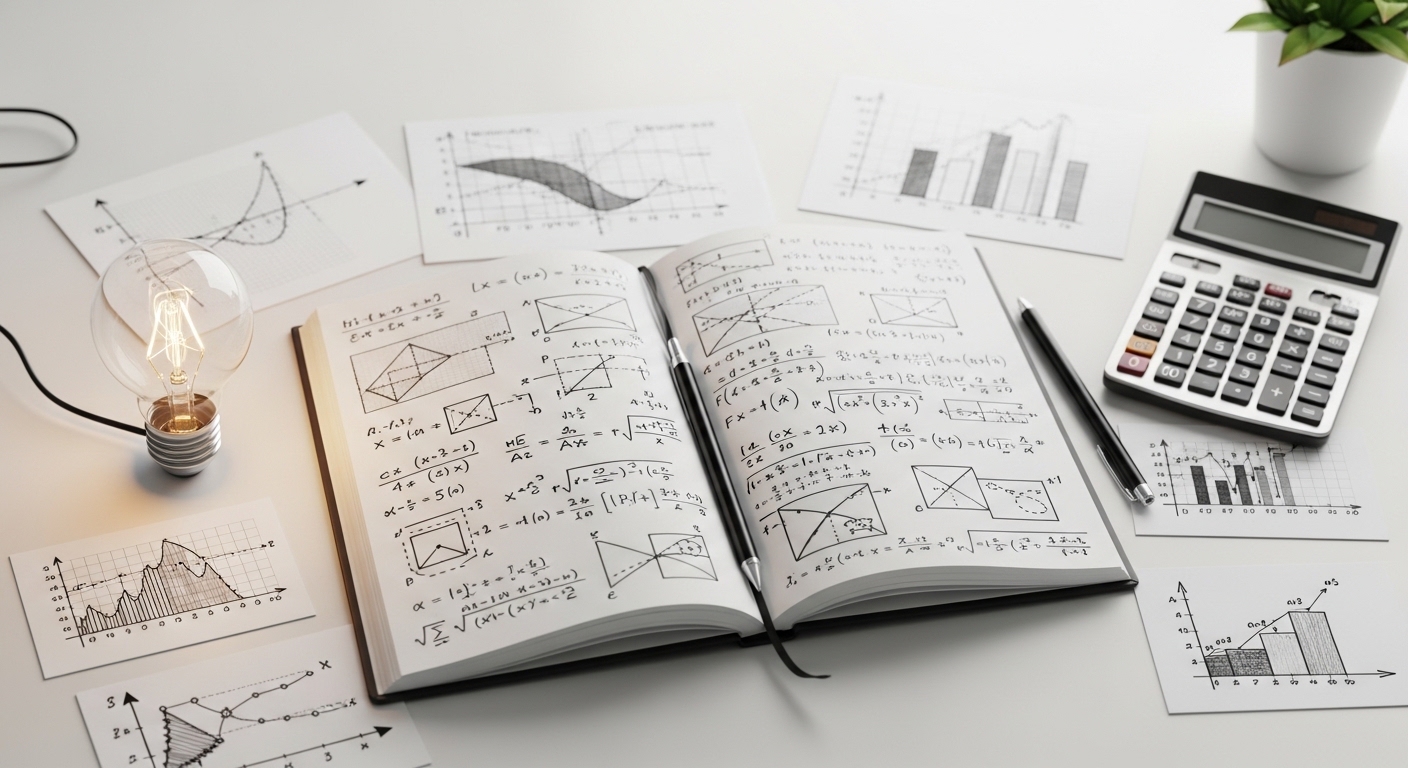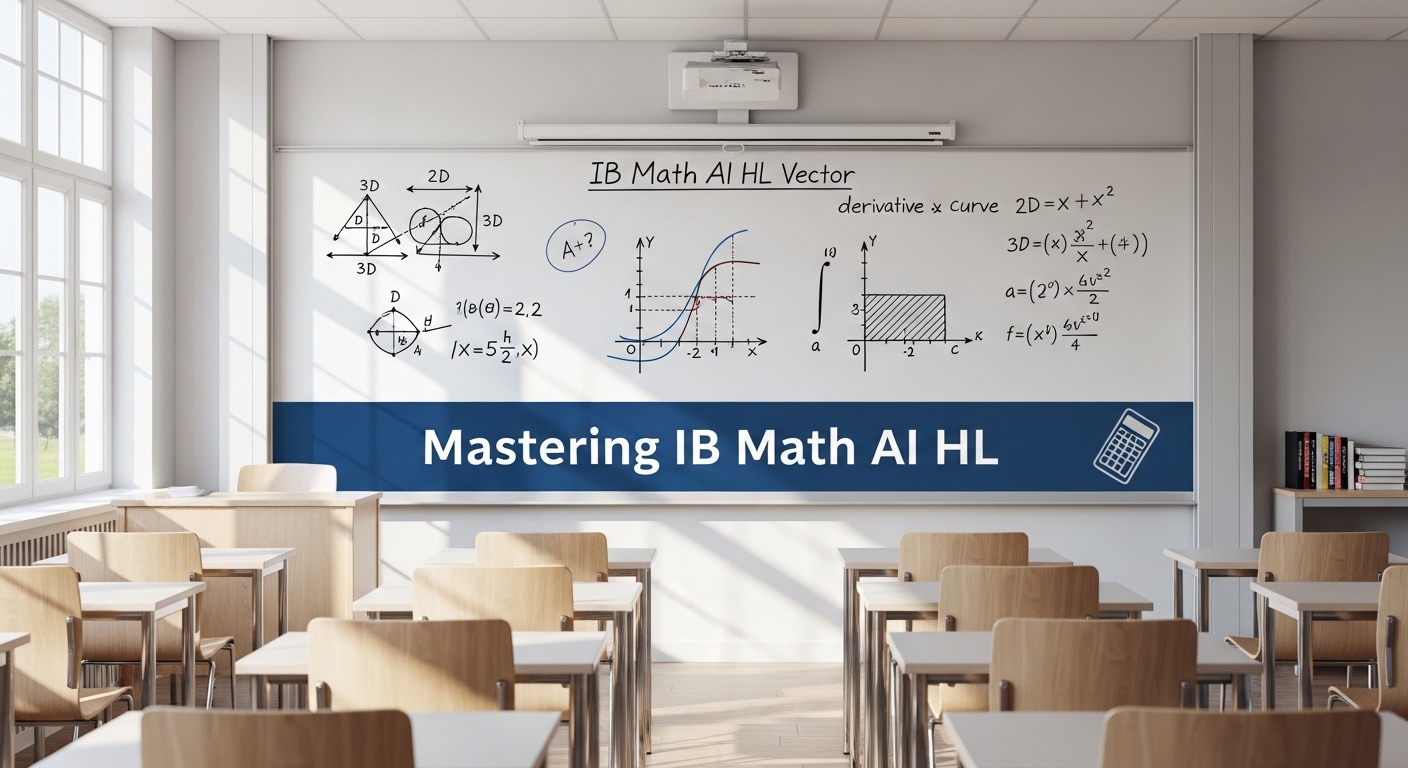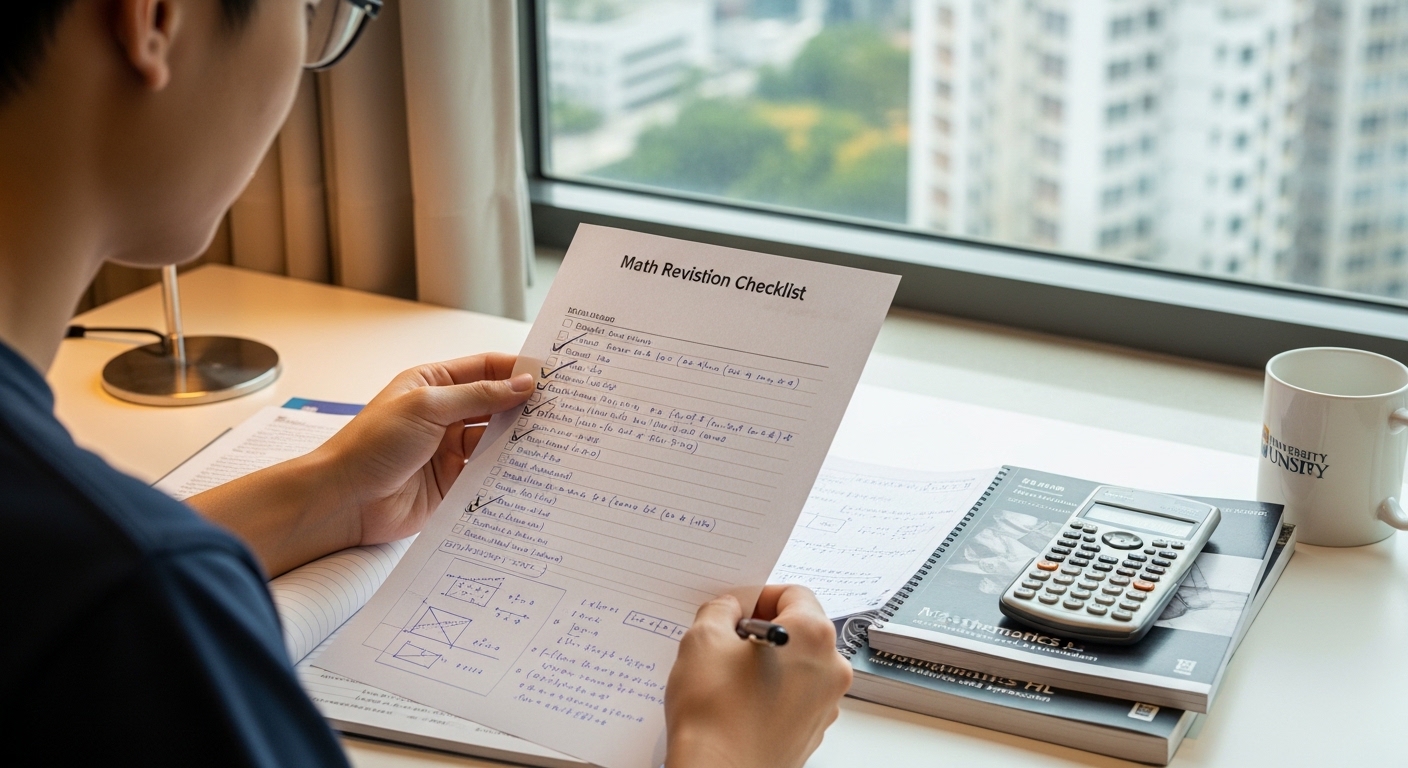Introduction
The GCSE math without calculator paper can feel intimidating—no digital help, no shortcuts, just you and your brain.
But here’s the truth: succeeding in GCSE maths without a calculator is entirely possible with the right strategies. It’s not about doing complicated calculations—it’s about thinking smart, estimating accurately, and avoiding time traps.
In this guide, we’ll explore mental math hacks, problem-solving tricks, and how to use Mathzem‘s free interactive tools to strengthen your non-calculator confidence before exam day.
Table of Contents
Understanding the Exam
The non-calculator paper (Paper 1) tests your ability to:
- Recall formulas and basic operations.
- Work through arithmetic by hand.
- Demonstrate mathematical reasoning.
- Show clear workings for each answer.
Paper Format:
- Duration: 1 hour 30 minutes
- Marks: 80
- Calculator: Not allowed
- Topics: Number, algebra, geometry, and statistics
Exam boards like AQA, Edexcel, and OCR expect students to demonstrate both method and logic—so even if your final answer is wrong, you can still earn marks for clear steps.
Strengthening Core Arithmetic
Strong arithmetic is the backbone of GCSE maths without a calculator.
Make sure you can confidently:
- Add, subtract, multiply, and divide whole numbers.
- Handle decimals and negative numbers.
- Work with fractions and mixed numbers.
Pro Tip: Use Mathzem’s “Mental Arithmetic Practice Pack”—a free online tool designed to build your speed and accuracy for GCSE-style questions.
Mental Math Shortcuts
You don’t need a calculator to work efficiently—you need patterns.
Multiplication Tricks:
×25 = ÷4 then ×100
×9 = ×10 – number
×15 = ×10 + half the number
Division Shortcuts:
÷5 = ×2 ÷10
÷50 = ÷100 ×2
Square Numbers to Remember:
Memorise 1²–20² (they appear often).
Estimation Tip:
Round to the nearest 10 or 100 before multiplying, then adjust back.
With practice, you’ll find these mental math methods faster than typing on a calculator.
Mastering Fractions and Percentages
Fractions and percentages are where many students lose easy marks.
Here’s how to keep them simple:
- Find common denominators by visualising multiples.
- Simplify fractions before multiplying or dividing.
- Convert percentages to fractions (e.g., 25% = ¼).
- Estimate first: 48% of 200 ≈ half of 200 (100) minus a small portion.
Try Mathzem’s “Fractions and Percentages Mastery Course” for step-by-step, non-calculator solutions.
Algebra Without a Calculator
You can’t rely on devices here—you rely on logic.
Key algebra skills to master:
- Simplifying expressions
- Expanding and factoring brackets
- Solving linear and quadratic equations
- Substituting values accurately
Example:
Solve for x when 3x + 5 = 17
→ Subtract 5 → 3x = 12 → Divide by 3 → x = 4
Practice these by hand with Mathzem’s free algebra worksheet series, built to mimic real exam difficulties.
Geometry and Measurement Tips
Geometry often feels tricky without a calculator, but formulas are your friend.
Memorise these essentials:
Area of rectangle = l × w
Area of triangle = ½ × b × h
Circumference = πd or 2πr
Pythagoras: a² + b² = c²
Trick: Use π ≈ 3.14 for rough answers and keep one decimal place.
Visualize problems—drawing diagrams can simplify complex geometry questions instantly.
Number Sense and Estimation
Estimation isn’t just about guessing—it’s about reasoning.
To check your answers:
Round inputs before solving.
Compare your result to the expected magnitude.
Ask, “Does this answer make sense?”
This shows examiners that you understand mathematical logic—even when you don’t have precise tools.
Common Mistakes in GCSE Math Without Calculator Papers
Avoid these common pitfalls:
- Forgetting to show working.
- Rounding too early.
- Misreading the question.
- Not checking answers with estimation.
Tip: Use Mathzem’s exam simulator to practise under timed, non-calculator conditions—it automatically highlights skipped steps for review.
How Mathzem Helps You Practise GCSE Math Without Calculator
Mathzem is your all-in-one GCSE maths learning partner—especially for the non-calculator paper.
Here’s how it can help:
- Interactive arithmetic lessons to improve accuracy
- Timed quizzes to build speed
- Step-by-step problem solving guided by expert tutors
- Instant feedback so you learn from mistakes quickly
Visit Mathzem.com to begin your journey for free.
Exam Strategy and Time Management
The biggest key to success is control under pressure.
Suggested Time Allocation:
| Section | Time | Notes |
|---|---|---|
| Number | 25 mins | Mental arithmetic + fractions |
| Algebra | 20 mins | Step-by-step clarity |
| Geometry | 20 mins | Apply formulas confidently |
| Statistics | 15 mins | Read charts carefully |
| Review | 10 mins | Recheck work and units |
Always attempt every question — there’s no penalty for wrong answers, but partial marks can add up fast.
Revision Plan for Without Calculator Success
Here’s a simple two-week focused revision plan using Mathzem:
| Day | Focus Topic | Mathzem Resource |
|---|
| Mon | Arithmetic Basics | Non-Calculator Practice Pack |
| Tue | Fractions and Decimals | Fraction Simplifier Module |
| Wed | Algebra | Algebra Quick Solve Tool |
| Thu | Geometry | Area & Perimeter Visual Lessons |
| Fri | Statistics | Data & Graph Practice |
| Weekend | Mock Exam | Timed Non-Calculator Paper |
Repeat this for the second week, focusing on weaker areas.
People Also Ask About GCSE Math Without Calculator
Is the non-calculator paper harder?
It’s different—it tests logic more than memorisation. With practice, it becomes predictable.
How can I improve my mental maths quickly?
Spend 15 minutes daily on Mathzem’s arithmetic exercises and flash quizzes.
Do I receive marks for working out?
Yes—always show your complete method, even if you’re unsure of the final answer.
What topics should I focus on?
I should concentrate on topics such as fractions, percentages, number operations, algebra, and geometry.
Conclusion
Succeeding in GCSE maths without calculator isn’t about memorising formulas—it’s about understanding concepts, thinking logically, and practising effectively.
By studying with Mathzem’s free without calculator courses, you’ll sharpen your arithmetic, boost confidence, and learn how to think like a top-performing student.
Start mastering non-calculator math today!
Visit Mathzem.com to access free GCSE non-calculator lessons and practice papers.
